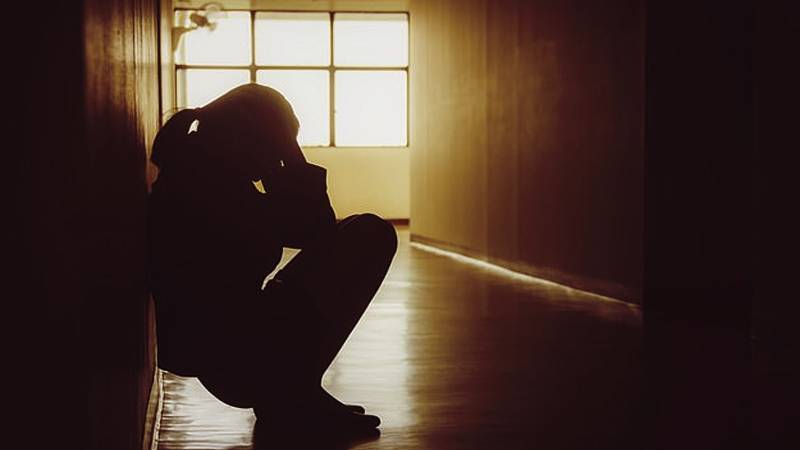
The Anti-Rape Special Committee conducted a comprehensive stocktake of the implementation of the Anti-Rape (Investigation and Trial) Act, 2021, at the Ministry of Law and Justice in Islamabad on January 9, 2025.
Chaired by Senator Ayesha Raza Farooq, the meeting included members of the Special Committee, along with participants from PEMRA, NADRA, the National Police Bureau (NPB), provincial Home Departments, and other relevant stakeholders.
The session reviewed progress on three key topics: the deployment of the National Sex Offender’s Register, the performance of specialized structures supporting survivors of sexual violence and gender-based crimes, and policy considerations to improve the implementation of the Act.
The National Police Bureau updated participants on the successful installation of hardware for the Sex Offenders Register (SOR) at the Gender Crime Cell at NPB, a key milestone in operationalizing the SOR, which will help support investigations and prosecutions in sexual violence cases.
NPB highlighted that data for 94% of eligible entries from January 1 to November 30, 2024, had been collected and was pending entry into the SOR following updates to the digital software. NADRA agreed to provide the necessary technical support to ensure entries into the SOR can be completed at the earliest.
Data presented by the Ministry of Law and Justice showed key improvements in the implementation of the Anti-Rape Act, 2021, particularly regarding the availability and utilization of Anti-Rape Crisis Cells (ARCCs). Notable improvements were observed in Punjab and Islamabad, where the referral of cases of serious sexual violence to ARCCs had increased, ensuring better support services for survivors. Provincial Home Departments committed to ensuring further improvements in addressing the challenges highlighted during the session and improving coordination between police and ARCCs to better support survivors of sexual violence.
The Committee also considered policy proposals presented by Zainab Mustafa, Community Protection Advisor at UPSCALE and a member of the Special Committee, to improve Pakistan’s legal framework to support broader sex offender management and reduce reoffending. The policy recommendations included expanding the existing Sex Offenders Register framework to include offenders convicted in other jurisdictions before traveling to Pakistan, strengthening monitoring requirements for convicted offenders, and improving risk assessments and restrictions on offenders after their release from prison. These measures aim to minimize the risk to society from reoffending in sexual violence cases. Participants in the meeting appreciated the data-driven policy recommendations and agreed to provide feedback in the next consultation session.
The Chairperson concluded the session by thanking participants for their input in ensuring a more comprehensive and effective response to sexual violence in Pakistan. She further emphasized that, despite the progress achieved so far, coordinated and sustained effort from all stakeholders is required to address existing gaps and ensure protection for vulnerable members of society.

